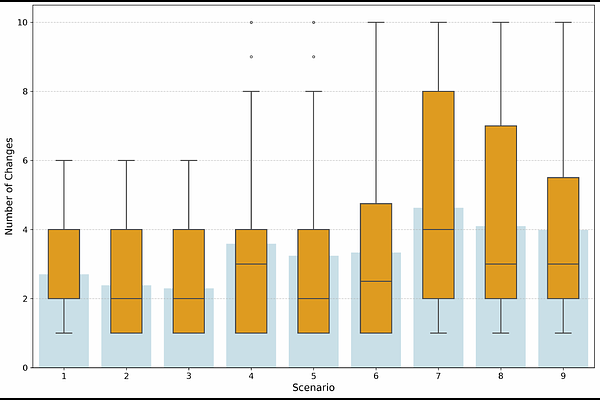How Do People Revise Inconsistent Beliefs? Examining Belief Revision in Humans with User Studies

How Do People Revise Inconsistent Beliefs? Examining Belief Revision in Humans with User Studies
Stylianos Loukas Vasileiou, Antonio Rago, Maria Vanina Martinez, William Yeoh
AbstractUnderstanding how humans revise their beliefs in light of new information is crucial for developing AI systems which can effectively model, and thus align with, human reasoning. While theoretical belief revision frameworks rely on a set of principles that establish how these operations are performed, empirical evidence from cognitive psychology suggests that people may follow different patterns when presented with conflicting information. In this paper, we present three comprehensive user studies showing that people consistently prefer explanation-based revisions, i.e., those which are guided by explanations, that result in changes to their belief systems that are not necessarily captured by classical belief change theory. Our experiments systematically investigate how people revise their beliefs with explanations for inconsistencies, whether they are provided with them or left to formulate them themselves, demonstrating a robust preference for what may seem non-minimal revisions across different types of scenarios. These findings have implications for AI systems designed to model human reasoning or interact with humans, suggesting that such systems should accommodate explanation-based, potentially non-minimal belief revision operators to better align with human cognitive processes.